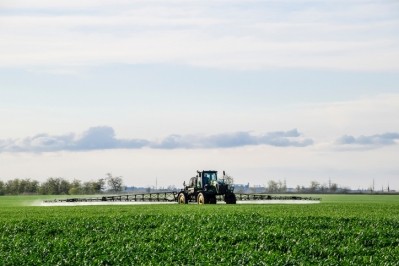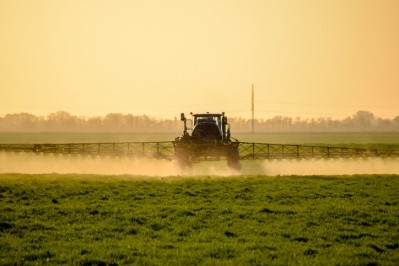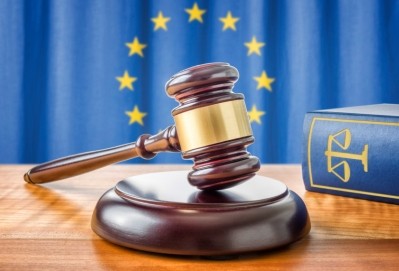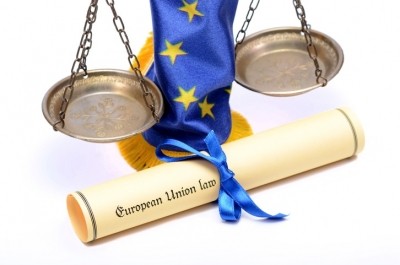Glyphosate approval: Commission must now decide
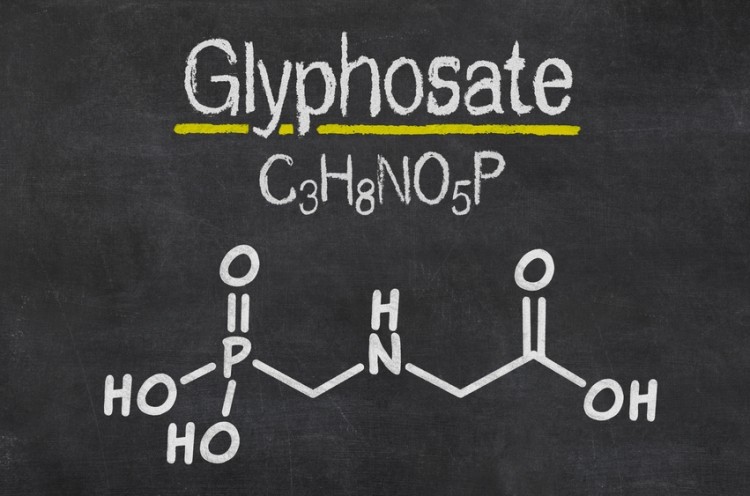
Once again, there was no qualified majority [representing at least 55% of countries and 65% of the EU population] in favor or against the proposal after today's vote.
The Appeal Committee had been asked to evaluate the prospect of extending the current approval of glyphosate for a limited period of time, until the opinion on the substance is given by the European Agency for Chemical Products (ECHA).
The vote followed a previous one by representatives of the EU 28 at the Standing Committee on Plants, Animals, Food and Feed (SCOPAFF) on 6 June.
Next steps
“The Commission regrets that no decision could be taken by the member states, in spite of its efforts over recent weeks to accommodate requests and concerns from a number of national governments, as well as from the European Parliament.
“On Monday 27 June, Commissioner Andriukaitis will inform the College about the results of today's Appeal Committee and discuss the next steps to be taken,” said a spokesperson for the EU Commission.
Earlier this month, Andriukaitis moved to clarify the fact that once an active substance is approved – or renewed at EU level – it is then up to member states to authorize the final products put on their respective markets.
"The EU approval of an active substance only means the member states can authorize plant protection products on their territory, but they are not obliged to do that. The member states who wish not to use glyphosate based products have the possibility to restrict their use. They do not need to hide behind the Commission's decision," he said.
However, if there is no EU approval by 1 July, then countries will have no more choice in the matter, and they would have to remove glyphosate containing products from their market, leaving the EU executive open to legal action from glyphosate producers.
Farmers call for reliance on EFSA assessment
EU farm lobby, Copa and Cogeca, expressed its disappointed over the vote, reiterating the fact there has been a safety endorsement by the European Food Safety Authority (EFSA) for the substance.
Its secretary-general, Pekka Pesonen, said: “The EU Institutions and member states have the responsibility to build consumer trust in our high food safety standards by supporting the role of EFSA. We urge the Commission to approve it [glyphosate], as the expiry date for the active substance is 30 June.”
The World Health Organisation’s cancer experts (IARC) said in March 2015 that glyphosate is a probable cause of cancer. EFSA contradicted the IARC finding in November 2015.
NGO, Greenpeace, has claimed that EFSA partly based its assessment on confidential studies commissioned by glyphosate producers, while the IARC assessment was only based on publicly available scientific evidence.
EU exit also for glyphosate?
Meanwhile, Greenpeace today called on the Commission to prepare a glyphosate exit strategy.
The Commission, it said, though having failed to gain the backing of a qualified majority of EU countries for its plan to extend the licence, under EU rules, could still push the extension through regardless.
Greenpeace EU food policy director, Franziska Achterberg, said: “The Commission is about to give glyphosate an unreasonable grace period, which will continue to leave people and nature exposed to the controversial weedkiller. It should use this time to draw up a glyphosate exit plan. Glyphosate is the most widely used herbicide in Europe and has been linked to serious health concerns and loss of wildlife. It’s time for Europe to plan for a glyphosate-free future.”
The NGO said thousands of organic farmers show how weed control is possible without glyphosate.
It said that, in arable farming, a combination of crop rotation, catch crops and undergrowth can suppress the growth of weeds. Mechanical means such as soil tillage before sowing and rotary hoeing later in season can be used to combat the remaining ones.
The Commission has released a Q&A on the glyphosate and the regulatory process around its reauthorization.
Why does the ECHA review matter?
The Commission answers:
"The ECHA is the competent EU agency for the assessment of dossiers for the classification of chemical substances.
"Moreover, the procedure for harmonised classification of glyphosate was already initiated. The discussions in SCOPAFF on 18 and 19 May 2016 showed that in the specific situation of glyphosate a number of member states, in their role as risk managers, considered that it was appropriate to have an opinion of the Committee for Risk Assessment of ECHA on the harmonised classification as regards carcinogenicity of glyphosate, before taking a decision.
"Such an opinion is relevant for the approval based on the criteria set out in EU Regulation (EC No 1107/2009)."
